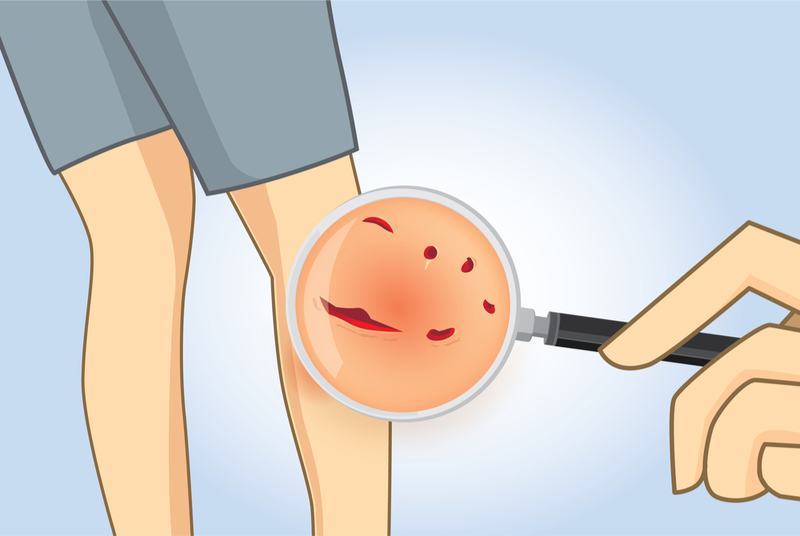Animal bites pose a major public health problem in children and adults worldwide
UNI Apr 05, 2018
A WHO report states that animal bites are rapidly becoming a large global health concern, and poor access to healthcare and scarcity in the availability of antidotes is only making it worse.

Animal bites pose a major public health problem in children and adults worldwide. The health impacts of animal bites are dependent on the type and health of the animal species, the size and health of the bitten person, and accessibility to appropriate health care. Numerous animal species have the potential to bite humans, however the most important are those arising from snakes, dogs, cats and monkeys, a WHO report said.
Worldwide, up to five million people are bitten by snakes every year. Of these, poisonous (envenoming) snakes cause considerable morbidity and mortality. There are an estimated 2.4 million envenomations (poisonings from snake bites) and 94 000–125 000 deaths annually, with an additional 400 000 amputations and other severe health consequences, such as infection, tetanus, scarring, contractures, and psychological sequelae. Poor access to health care and scarcity of antivenom increases the severity of the injuries and their outcomes.
The majority of snake bites occur in Africa and South-East Asia. Snake bites are most common among people living in rural, resource-poor settings, who subsist on low-cost, non-mechanical farming and other field occupations. Agricultural workers, women and children are the groups most frequently bitten by snakes. Adding to the burden of these injuries is their socioeconomic impact on families and communities. Adult victims are often the wage earners or care providers of the family unit; and child victims can suffer lifelong disability intensifying demands on families and communities.
Approximately 600 species of snake are venomous and approximately 50-70 per cent of bites by these cause envenomation. At the time of a bite, the cornerstone of care is complete immobilization of the affected body part and prompt transfer to a medical facility. Tourniquets and cutting wounds can worsen the effects of the venom and should not be used as first aid. Frequently, victims of snake bites will require treatment with antivenom. It is important that the antivenom is appropriate for snakes endemic to the region.
Additional measures include wound cleansing to decrease infection risk, supportive therapy such as airway support, and administration of tetanus vaccine upon discharge if the person has been inadequately vaccinated against tetanus. Prevention of snake bites involves informing communities about snake bite risks and prevention techniques, such as to: avoid tall grassy areas; wear protective shoes/boots; keep storage areas clear of rodents; remove rubbish, woodpiles and low brush from around the home and store food in rodent-proof containers, raise beds above floor level and tuck mosquito nets securely under sleeping mats within the home.
To prevent or limit the serious health consequences of snake bites, health-care providers should be educated on snake-bite management, including the proper use and administration of antivenom. Public health authorities and policy-makers should ensure appropriate supplies of safe and effective antivenoms to communities, countries and regions where they are most needed and prioritize research initiatives that will further determine the burden of these injuries.
-
Exclusive Write-ups & Webinars by KOLs
-
Daily Quiz by specialty
-
Paid Market Research Surveys
-
Case discussions, News & Journals' summaries